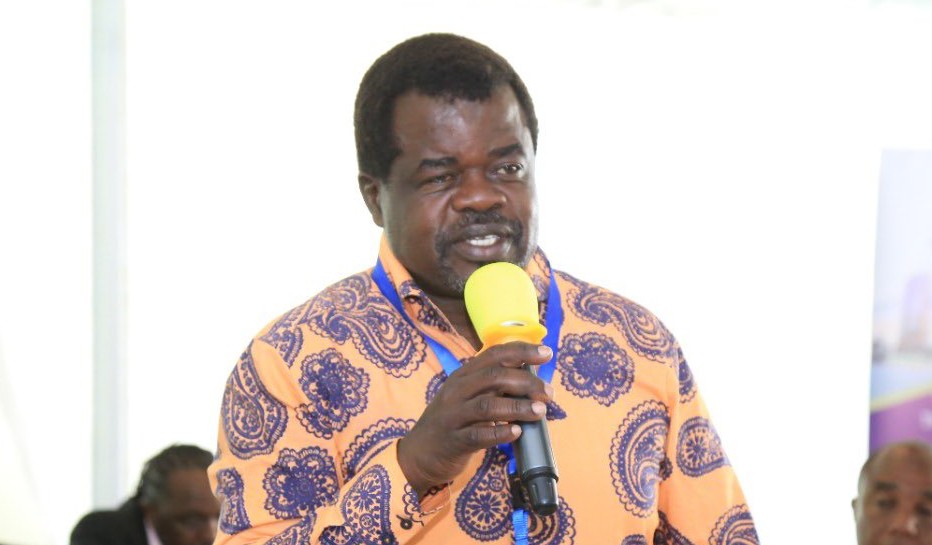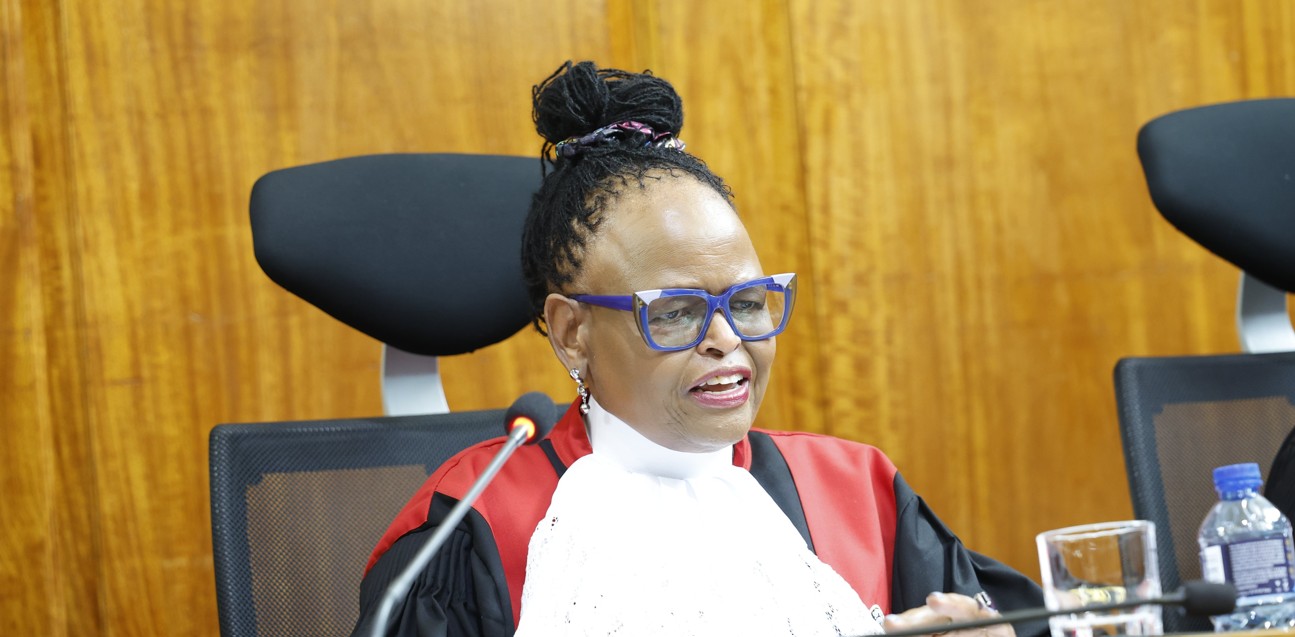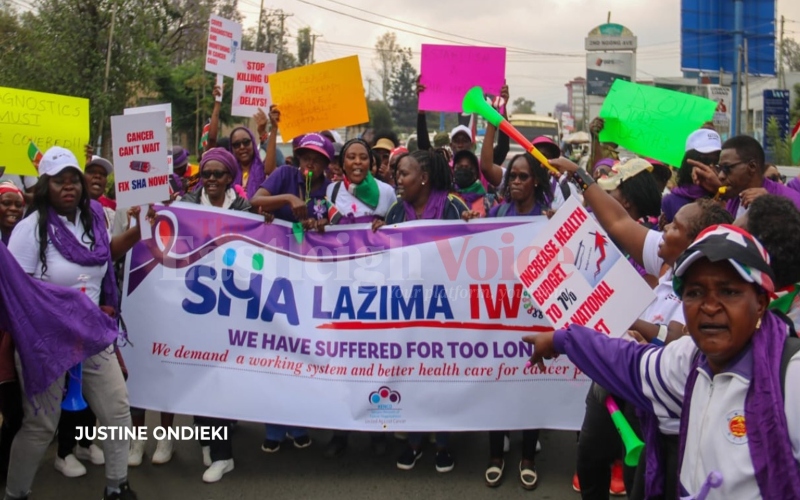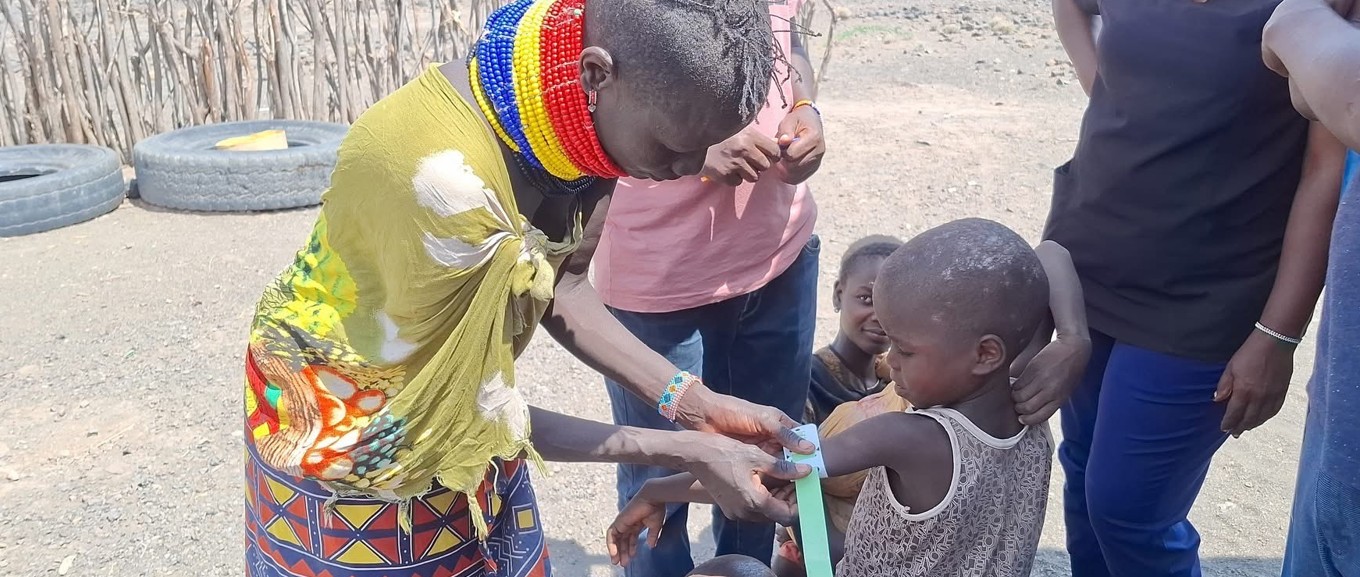Revenue raise, prudent debt key to Africa’s 2026 upgraded growth prospects - IMF

The IMF warns that without decisive reforms in taxation, public spending efficiency and borrowing practices, the region risks falling short of its medium-term recovery prospects.
The International Monetary Fund (IMF) is urging governments across Sub-Saharan Africa to intensify revenue mobilisation efforts and strengthen debt management frameworks, if they are to realise the upgraded economic growth projections for 2026.
In its latest regional policy guidance, the IMF warns that without decisive reforms in taxation, public spending efficiency and borrowing practices, the region risks falling short of its medium-term recovery prospects.
More To Read
- World Bank urges shift to local currency loans in Africa
- Study in Botswana, Mauritius, Rwanda finds luxury tourism poses risks to African economies
- Kenya ranked 10th in Africa’s most attractive investment destinations
- IMF questions Kenya’s exchange rate policy amid new funding negotiations
- Africa’s resilience tested as aid cuts, trade shifts cloud growth prospects - report
- IMF revises Kenya’s 2025 growth forecast upward to 4.8 per cent
The call comes as the IMF maintains that the region has shown remarkable resilience despite turbulent global conditions.
In its latest economic outlook, the lender said the region's growth is expected to hold steady at 4.1 per cent in 2025 before rising to 4.4 per cent in 2026, supported by years of reform.
According to the lender, many economies in the region continue to grapple with a difficult combination of fiscal, monetary and external pressures.
Debt service obligations are rising sharply, eroding the space available for development spending.
Notably, 20 countries in the region are now either in or at high risk of debt distress, with governments increasingly turning to domestic borrowing, exposing local banks to heightened sovereign risk.
It is against this backdrop that the lender proposes the aforementioned strategies, placing increased tax revenue at the top of its priority list.
“Mobilising domestic revenues at home is an essential route to lasting fiscal space, while better debt management can lower borrowing costs and widen access to funds,” IMF said in a statement.
It further argues that with external financing declining and global aid falling, the economies have little choice but to strengthen internal revenue systems.
However, previous attempts have shown that raising taxes is not simply a matter of legislating new levies.
The IMF stresses that durable gains require reform of both tax policy and administration.
It gives examples of countries such as Rwanda, Ghana and Tanzania which have made progress by digitising tax systems, introducing phased reforms and engaging citizens.
On the other hand, it says others have faltered due to poorly sequenced or unpopular measures.
It thus cautions that limited public support can derail poorly designed levies, highlighting the importance of trust and transparency.
To reinforce compliance, governments must also demonstrate prudent use of public funds, according to the lender.
It says taxpayers are more willing to contribute when they see tangible improvements in services, making expenditure discipline, anti-corruption efforts, and effective budgeting essential components of fiscal reform.
Without these, the Fund warns, tax gains will be short-lived and politically fragile.
Strengthening debt management is the IMF’s second major pillar for sustaining growth.
“Transparent, credible debt management institutions can cut borrowing costs and attract investors,” the IMF said.
“Publishing comprehensive debt data, engaging openly with creditors and strengthening approval and oversight procedures are key first steps.”
Additionally, it notes that better debt management also supports access to innovative financing.
Top Stories Today












































